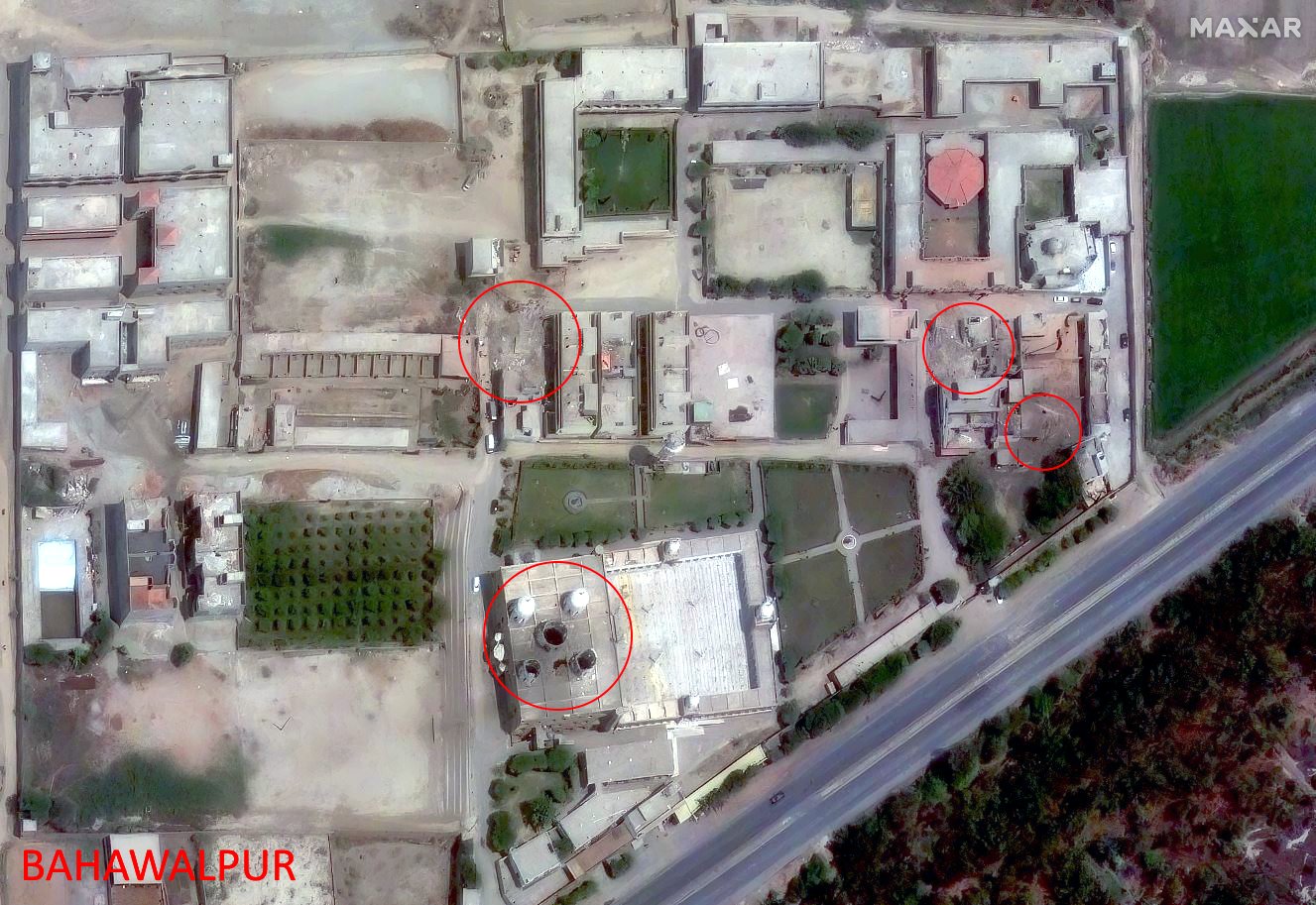Dear reader, The week ended with the teeming images from Sri Lanka. The People, that abstraction in representative democracy, sprang to life, took over the streets, stormed President Gotabaya Rajapaksa's official home and office. They took over his Dutch-built residence, bathed in his pool, ate in his kitchen, took selfies on his antique four poster bed. They set fire to Prime Minister Ranil Wickremesinghe's private residence. In a different country and context, in his column in the Sunday Express, P Chidambaram, senior Congress leader and former Union minister, drew another set of striking images, as he wrote about missing signs of life in The People (in India), more specifically the middle classes. "I sometimes wonder if there is really a middle class in India with middle class values of constitutional correctness, concern and care… Nothing seems to stir the middle classes out of their self-imposed isolation … Reading the newspaper as a morning ritual, glued to Netflix, and entertained by IPL cricket, the middle class has voluntarily removed itself from the national discourse". Of course, the two settings are vastly different, Sri Lanka is a long way away from India. In Sri Lanka, by all accounts, stupendous economic mismanagement has come together with the debilitating fallout of the coronavirus pandemic and, before that, the devastation of the tourism industry by the 2019 terror attacks, to produce a fuel and food, transport and electricity crisis. A political and governmental vacuum has now brought the people to the streets. Here, the edifice of representative democracy, its legitimacy, has been steadily chipped away under a leadership that appeared to have abdicated its basic responsibilities to the people, busied itself only in playing with majoritarian fires and advancing its own interests. Chidambaram's lament of the missing people, on the other hand, is about a predicament that stands almost in contrast to the one in Sri Lanka today - he suggests that the middle classes have given a carte blanche to the present-day rulers in Delhi to do what they will, on issues ranging from rising unemployment to the less tangible subversion of institutions and erosion of constitutional values. The contrast he draws is with India's own freedom movement when the middle classes showed "total unselfishness" and were "passionately concerned about every development in the country", coming together to express themselves in public despite the absence of television and the Internet. It is easy to romanticise "the people" in a democracy. But competing and even contradictory notions of the "people", of what they want, and aspire to - more than the people themselves - give the life force to a democratic system. These notions of the people underlie the several political arguments and negotiations and choices and balancing acts by their representatives, and provide crucial room for breaking with the past and bringing in change, within the boundaries set by the more abiding cornerstones of the constitution. In a way, then, for most of the time, the people remain an abstraction and that is ok - it is the work of representative democracy, with all its hits and misses, to fill the abstraction with acceptable meaning. This is not to discount the role of popular movements and agitations in bringing that abstraction closer home, nor to mystify the work of political representation. It is only to say that as "democratic" as the images of the people taking to the streets are, they leave much harder democratic labours out of the frame. In Sri Lanka, as the compelling images at week's end showed, the people have cried foul and called an end to play. Sri Lanka, now, must start from scratch, build itself all over again. In India, the missing agitation of the middle class that Chidambaram points to may be a problem in that it signals an apathy or a coarsening. But the game is very much on. For democrats as for columnists, the richer inquiry may not be why the middle classes do not take to the street, but why the people at large, despite the seeming lags, distortions and disappointments, continue to lend their name to democracy's guessing games. Till next week, Vandita | 
No comments:
Post a Comment